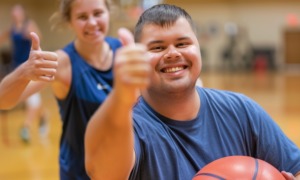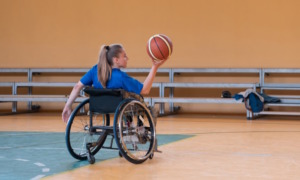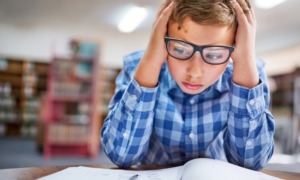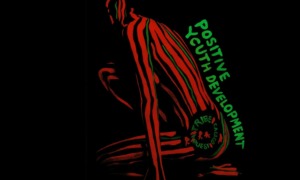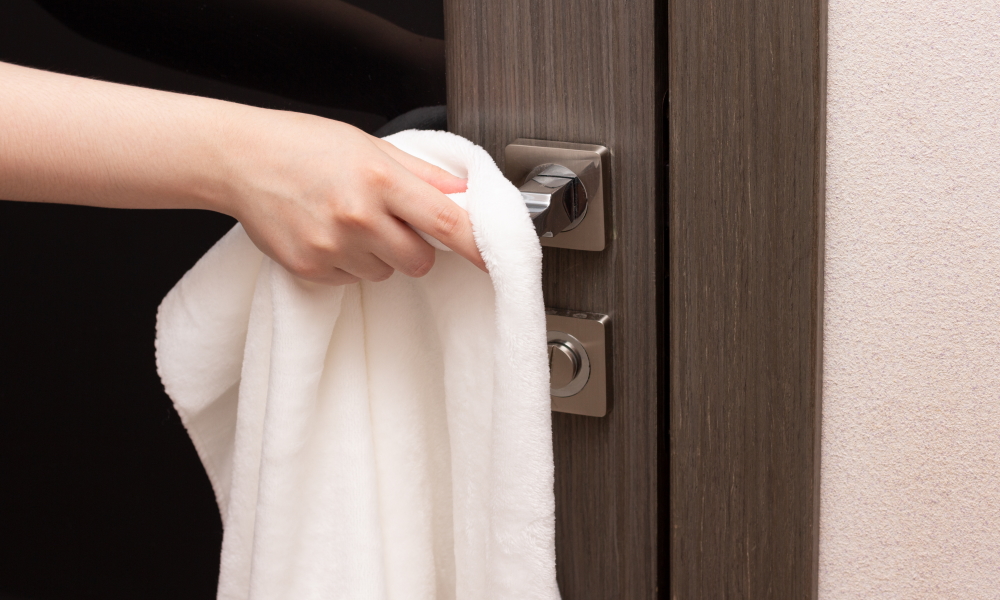 ELENA FROLENA/SHUTTERSTOCK
ELENA FROLENA/SHUTTERSTOCK
You see it on TV. You hear it on the radio and you read it in the newspaper. Everywhere you go there are suggestions for how to stay safe and prevent the spread of COVID-19. From my work I have found that many young people with disabilities, especially those who are immunocompromised, take these kinds of precautions regularly even without the threat of coronavirus.
To me, being health conscious is more than wearing a mask and washing your hands often. It is really a lifestyle where people are aware of how they are interacting with their surroundings and with other people. I spoke to two young men who said they have adjusted to life during a pandemic.
Alex Clater is 28 and lives in Athens, Georgia. Clater lives with manic depression/bipolar disorder and interacts with others who have mental illness on a regular basis. “I attend groups and support other peers who deal with similar problems or diagnoses,” he said.
Since the pandemic began he has had to do things differently, at times even improvising to stay safe.
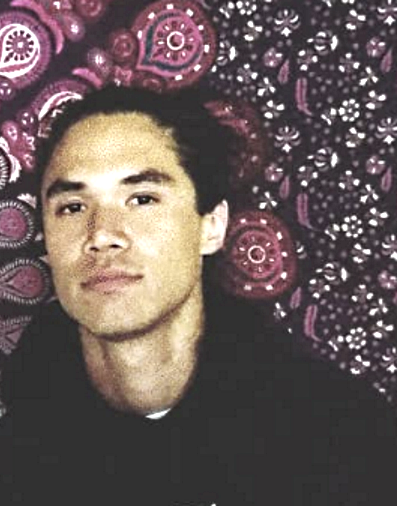
Alex Clater
“I tend to stay at home more often, but when I do go out I try to keep the 6-foot social distancing rule in mind. Also I wear a mask and make sure to wash my hands after touching anything that might publicly be used quite often. Also, I never grab bathroom or public door handles with my hands. I always grab it with my shirt and open it that way,” he said.
Kenneth Keitt is 30 and lives in East Stroudsburg, Pennsylvania. Keitt has T-6 complete paraplegia, and owns a company called ParaPer4mance, which creates products for individuals with various disabilities. He also mentors newly injured people and helps them find purpose after injury or diagnosis.
Like others I have spoken with, Keitt said practicing healthy habits is something he has been doing all along.
“I’ve always been pro-prevention. I have made sure that I am more careful during these times. Naturally, I’m a very healthy person that likes to work out and eat healthy. One of the messages that I like to spread to the community is that our bodies are investments. Be cautious how you treat it and what you take in,” he said.
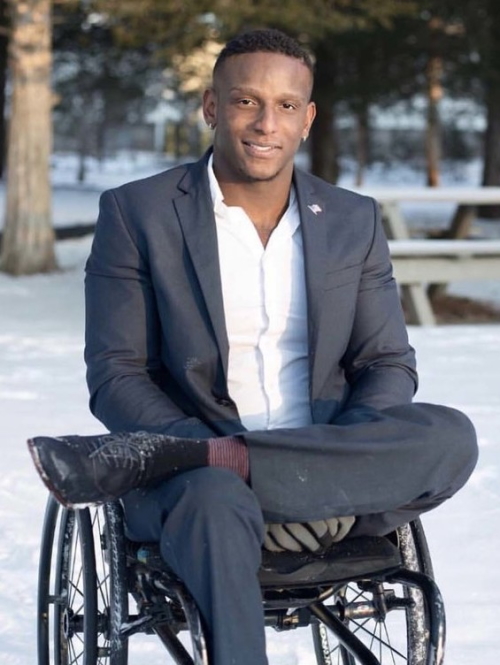
Kenneth Keitt
Keitt also touched on the ways in which he believes youth with disabilities have been impacted by COVID-19. He said like everyone else they are missing engagement and interaction with like-minded people.
“Being able to enjoy hobbies and daily activities. The stress of having to worry about your health and others. Not being able to enjoy childhood activities” have been the effects of the pandemic on this community, he said.
Clater also said that young people with disabilities have been encountering some of the same challenges as their able-bodied peers. “I think it affects them the same way as anyone else, but if it bothers them personally I’m sure it can affect them psychologically. So it’s important to keep friends and family close as well as talk to a psychologist about any concerns you have with the pandemic.”
Like most of us, young people with disabilities are doing their part to contain and slow the spread of COVID-19. By taking safety precautions and being cognizant of your health and the health of people around you, we can help each other stay safe. As we work to “flatten the curve,” keep in mind that healthy habits can become a lifestyle if you make them routine.

Deandra Mouzon
Deandra Mouzon is a Georgia-based journalist who received a B.A. in journalism from CUNY’s York College. Currently she is working on a publication about youth with disabilities.


